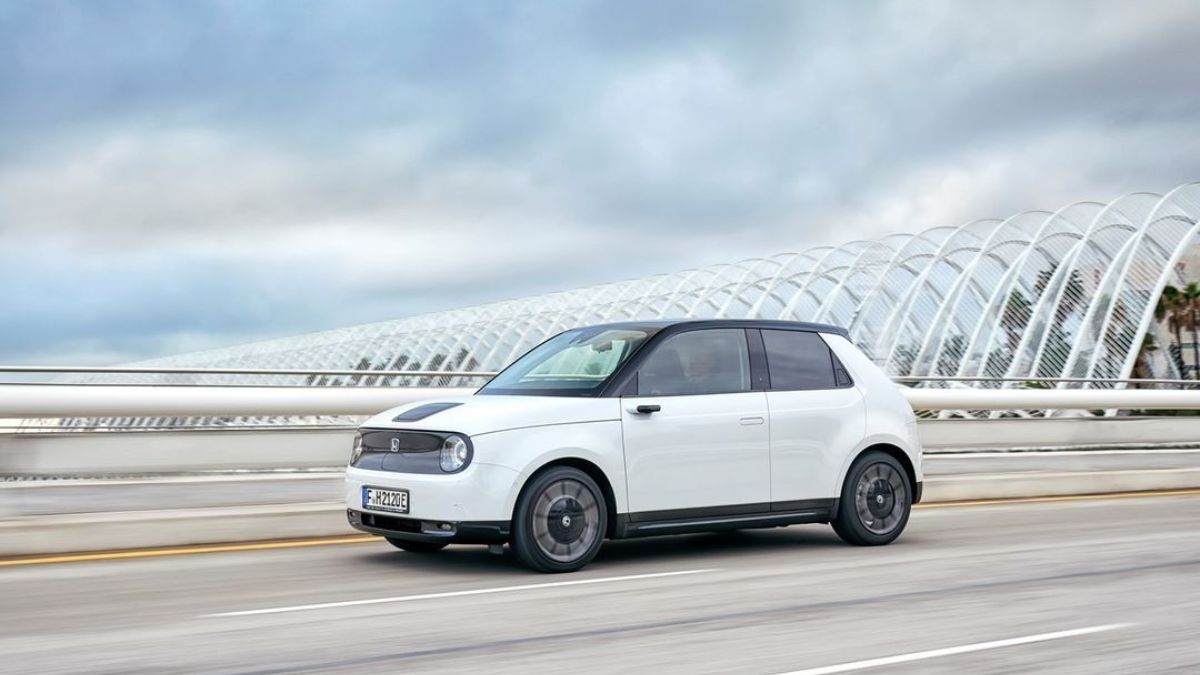Japan is ramping up efforts to strengthen its electric vehicle (EV) battery supply chain, pledging up to $2.4 billion in subsidies for key domestic players like Toyota. The move is part of a broader strategy to enhance local battery production and reduce the country’s dependence on imports, particularly from China, as global competition in the EV market intensifies.
Announced by the government, the subsidies are aimed at increasing Japan’s capacity to produce batteries domestically, a critical component in the shift to electric vehicles. As the world transitions to cleaner energy, securing a reliable supply of batteries has become a priority for Japan, which has set a target to achieve carbon neutrality by 2050.
Traditionally focused on hybrid vehicles, Toyota is now intensifying its efforts to develop fully electric models, and the financial backing is expected to accelerate its innovations in battery technology. The company is working to ensure a stable and high-performing battery supply for its expanding EV lineup.
Other major firms in Japan’s auto and technology sectors are also expected to receive a share of the subsidies. Panasonic, a key partner of Tesla in EV battery production, and Nissan, a pioneer in electric vehicles with its Leaf model, are among those likely to gain from the government’s initiative. The global race to dominate the EV market has put pressure on countries to secure raw materials like lithium and cobalt, both essential for lithium-ion batteries.
The country remains reliant on imports from China for critical battery materials. The subsidies are part of a wider effort to reduce that dependency by fostering domestic production and encouraging innovation in alternative battery technologies. Japan’s $2.4 billion investment signals its determination to remain a leader in the automotive sector, positioning companies like Toyota to compete on the world stage in the electric era.

